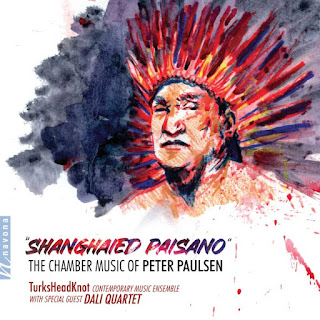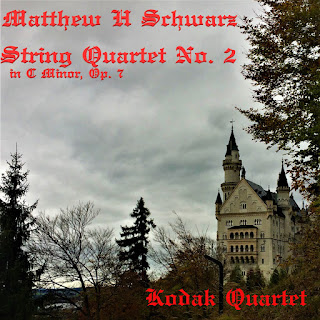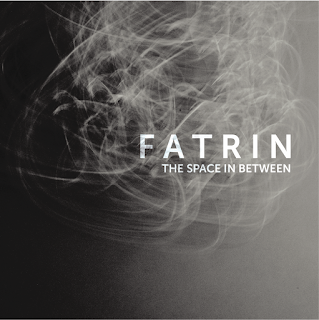Mason Bates - Piano Concerto
Mason Bates - Piano Concerto
Bates' virtuosic piano writing, brilliant orchestration, and truly masterful use of percussion, comes to the forefront.
Mason Bates, known for his work involving the 'intersection between music and technology', is not the first composer to come to one's mind when imagining who would compose a new, full-length classical piano concerto. It was just as much of a surprise to me to hear that Bates was jointly commissioned by The Philadelphia Orchestra, who premiered it in mid-January under the baton of Maestro Yannick Nézet-Séguin, and the San Francisco Symphony to create this half-hour long concerto for the Russian pianist Daniil Trifonov. Bates has written few concerti, and currently only has three works, one of which is the Piano Concerto, listed in his catalogue. In spite of this, Bates' virtuosic writing and elegant scoring resulted in quite the daring work for piano and orchestra.
For too long, Mason Bates has been the epitome of the composer who hides his musicality behind his laptop. While at times entertaining, his music, primarily for ensemble and electronics, relied heavily on his DJ background, while the orchestra, more often than not, devolved into being a slave to whomever sat in the back and hit triggers on a computer. His short pieces in this vein are fun and effective, but when this technique is applied over such a lengthy span of time, it has the opportunity to become monotonous. Fortunately, his Piano Concerto, which does not involve electronics, also does not become victim to these traps. In fact, while just speculation, Bates' virtuosic piano writing, brilliant orchestration, and truly masterful use of percussion, comes to the forefront because he was not able to fall back into his comfort zone.
The Piano Concerto is composed in three separate movements, which each one metaphorically representing a time period in music history where great focus fell to the keyboard. The first movement begins by recalling medieval minstrelsy via a ghostly opening chorale. The chorale motive is accompanied by old-fashioned frame drums and strummed pizzicati in the upper strings. Bates cannot resist interjecting with seemingly random bursts of reedy jazz, which quickly dissipates back into the sound of the piano. The movement then slowly builds into an ornamented cadenza, akin to a Baroque invention.
The second, focused on long, soaring melodies akin to the Romantic era, alternates between the orchestral sections and soloists taking the lead, until a climatic tutti at the closure of the movement. Here we get to hear some of Bates' truly beautiful melodic writing. The soloist argues with each section of the orchestra, with the most dramatic being led by a sweeping, luscious horn line. Dispersed between all of the romantic gestures are incredibly brilliant, yet spacy percussion scoring. The sounds Bates' gets out of only three percussionists playing an array of instruments is astonishing.
The final movement is Bates' 'jazzy' movement. Rather than Bates attempting to poorly emulate jazz music on the orchestral stage, he employs a mixture of groovy figures, minimalistic rhythms, and Celtic-sounding tunes to keep the music fresh. All of the hubbub ends with a striking return to the opening 'Renaissance' chorale, this time feeling more like an Irish ballad than anything, tying the entire concerto together with a neat musical bow.
The amazing aspects of Bates' Piano Concerto can be summed up with the simple fact that it both sounds great and plays great. Trifonov's virtuosic playing knows no bounds, and it was clearly audible from the performance that Bates empowered Trifonov to be as expressive as possible and do what he does best as a performer, something too often ignored in contemporary classical music. Trifonov's powerful lyricism and absolute control over his instrument was showcased in full, with Bates' careful and considerate scoring purposefully retained until the unrelenting climax in the third movement.
I have absolutely no doubt in my mind that the new Piano Concerto of Mason Bates will enjoy an enormous amount of repeat performances, especially with the support of such virtuosic players such as Trifonov. Like a majority of Bates' music, the work is aurally accessible to all audiences while still being musically invigorating, and in this case, requires an impressive amount of technique out of the soloist.
Be sure to like, follow us, and comment your own thoughts!



Comments
Post a Comment